American Indian and Alaska Natives (AI/ANs) have the highest age-adjusted prevalence of diabetes among all United States racial and ethnic groups. However, recent evidence may suggest that the diabetes epidemic of diabetes among AI/ANs may have reached threshold in the population.
Part of this accomplishment is attributable to the Special Diabetes Program for Indians (SDPI) which provides grants for diabetes treatment and prevention services to 404 Indian Health Service (IHS), tribal, and urban (I/T/U) Indian health programs across the U.S.
From this report we learn that the majority of Audit patients showed good glycemic control and met many lipid targets. In fact, 80% of patients prescribed lifestyle modifications alone to manage their diabetes met the population target of HbA1c below 8.0%. Additional progress is possible to reduce the percentage of patients who reported smoking currently (30%), being overweight or obese (92%), and being depressed currently (32%).
By increasing routine clinical foot, eye, and dental examinations, as well as offering diabetes self-management education to patients, patient outcomes will likely improve further.

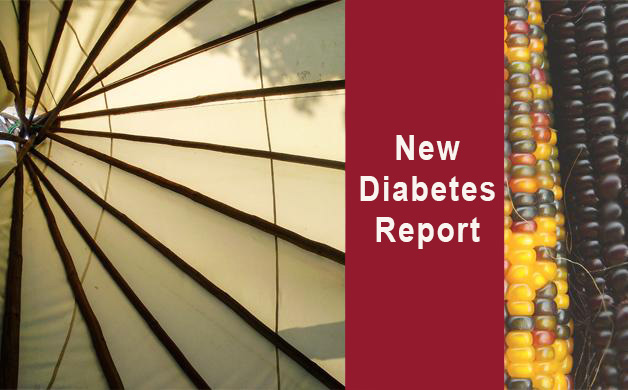
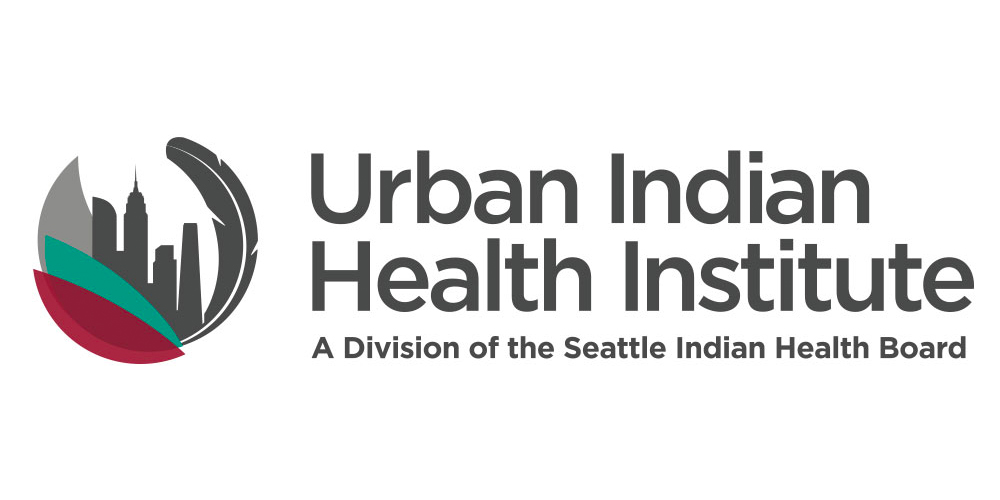
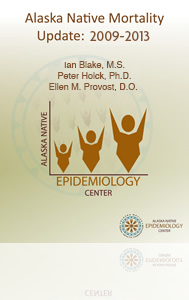
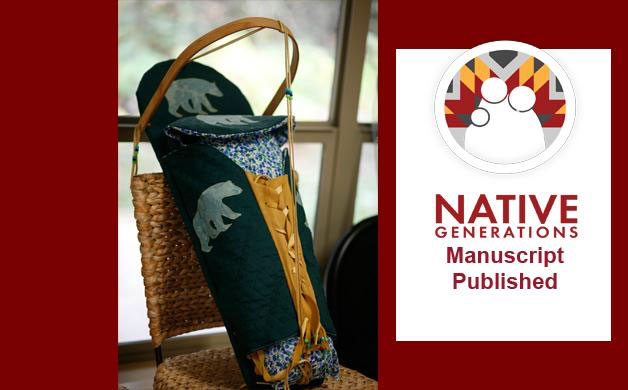
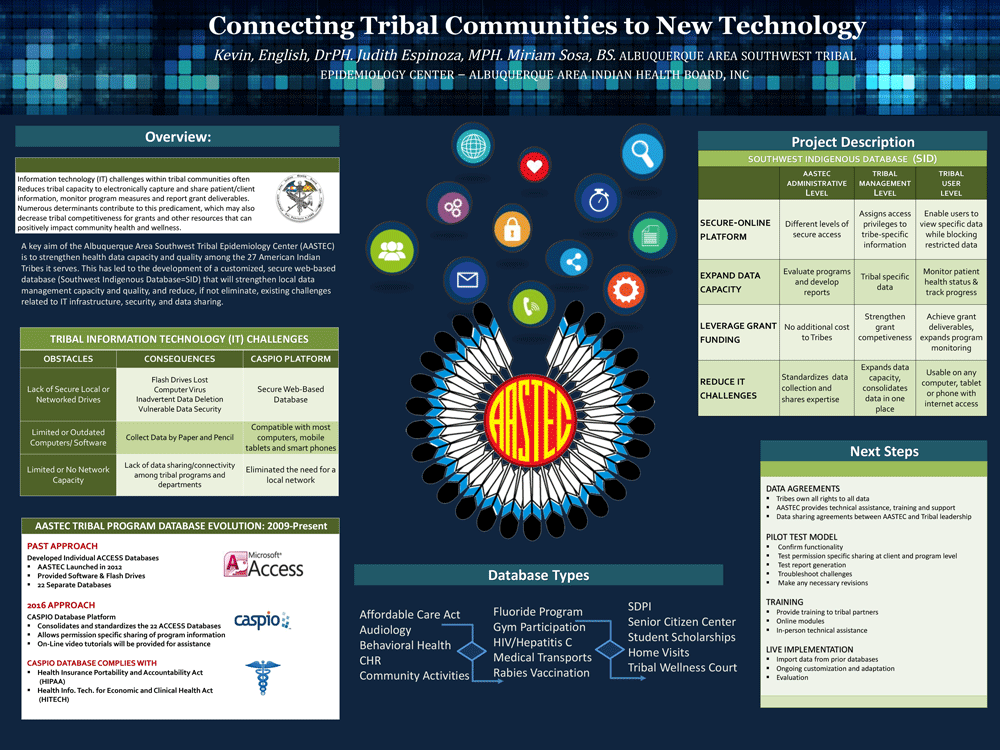

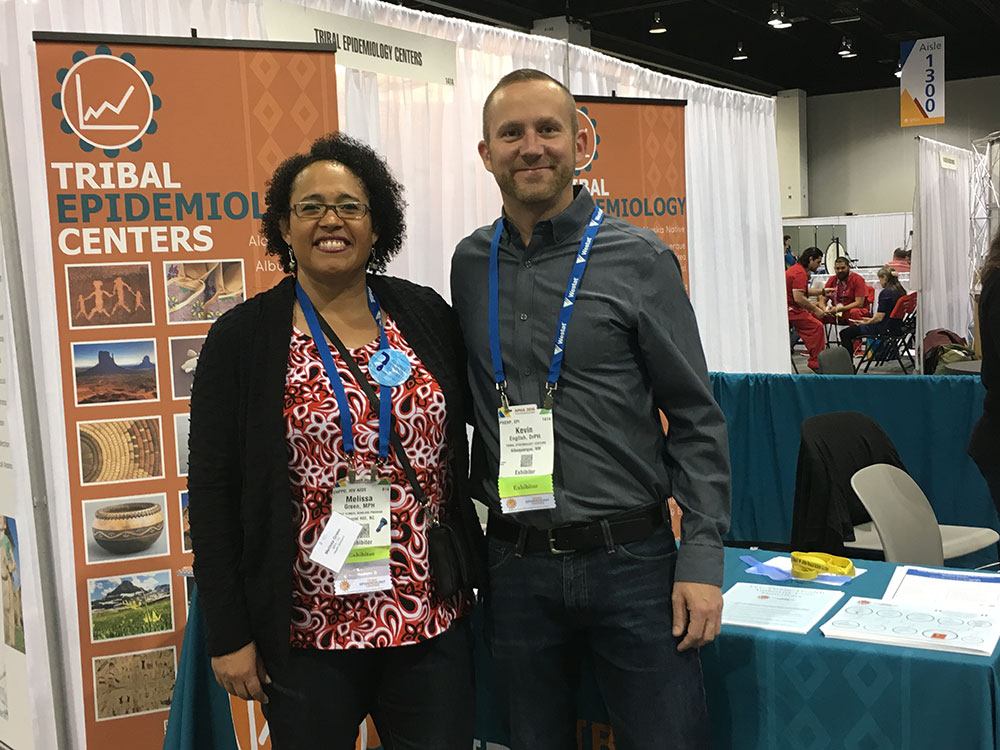 Dr. Kevin English, TEC Director at AASTEC with Melissa Green of the Robert Wood Johnson Foundation Clinical Scholars program.
Dr. Kevin English, TEC Director at AASTEC with Melissa Green of the Robert Wood Johnson Foundation Clinical Scholars program.
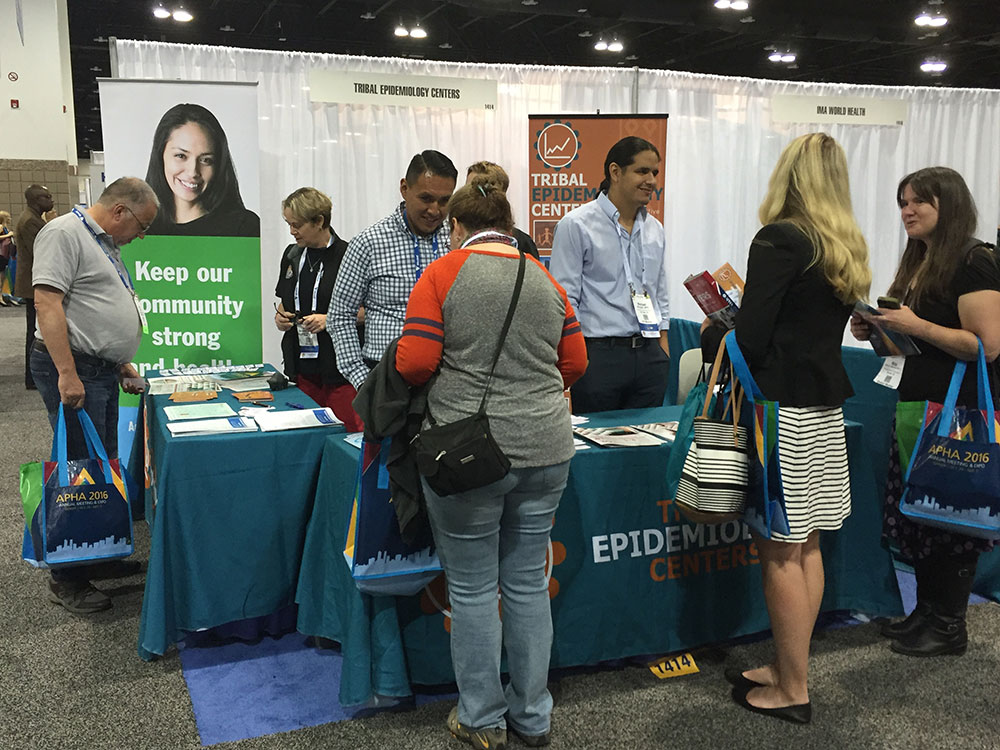 TEC-C at APHA this week!
TEC-C at APHA this week!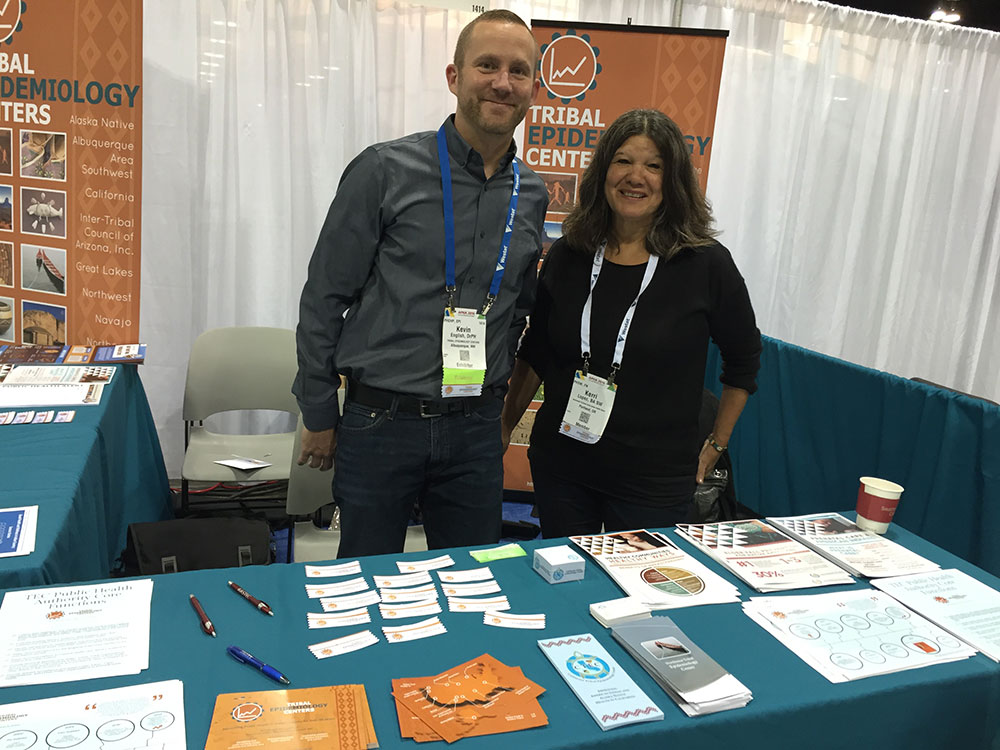 Dr. Kevin English, TEC Director at AASTEC with Kerri Lopez of the Northwest Portland Area Indian Health Board EpiCenter.
Dr. Kevin English, TEC Director at AASTEC with Kerri Lopez of the Northwest Portland Area Indian Health Board EpiCenter.